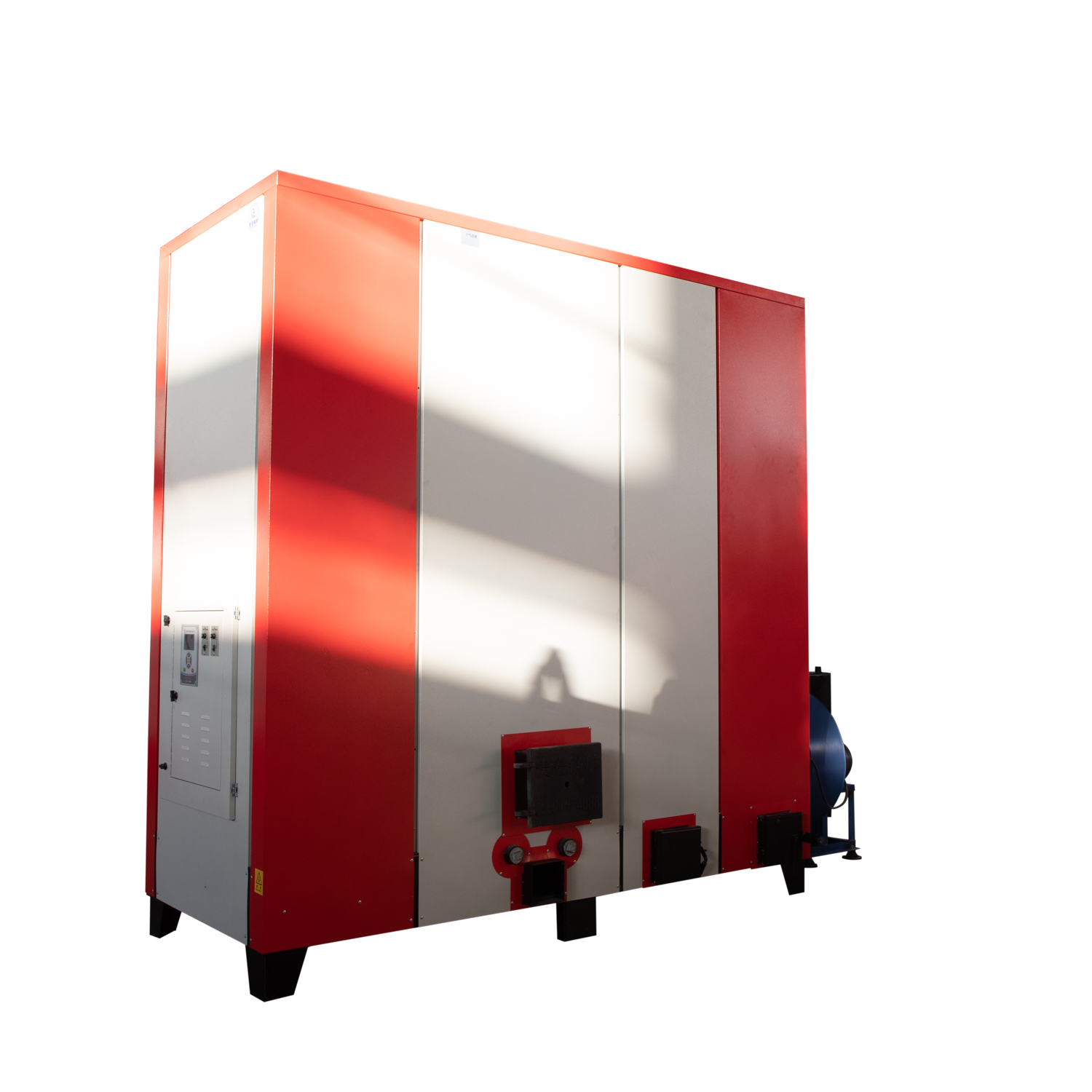- This topic is empty.
-
AuthorPosts
-
2025-11-07 at 6:07 pm #5250
Selecting the right biomass hot water boiler is a critical decision for facilities seeking efficient, sustainable, and cost-effective heating solutions. Whether you operate in the food processing, chemical, textile, or hospitality industry, the right boiler can dramatically improve energy efficiency, reduce operational costs, and ensure reliable performance.
Guihong Energy-Saving Boiler has over 20 years of experience in energy-efficient boiler manufacturing, specializing in industrial boilers. With 58 patented technologies and ISO9001:2015 quality management certification, Guihong delivers customized, intelligent biomass boilers designed to meet the unique needs of industries including hotels, food processing, textiles, plastics, laundry, chemical, brewing, packaging, drying, slaughterhouses, cement products, and bathing facilities.
This guide provides insights into how to choose the ideal custom biomass hot water boiler for your facility, ensuring maximum efficiency and longevity.

1. Understand Your Facility’s Heat Demand
Before selecting a biomass hot water boiler, you need to accurately assess your facility’s heating requirements:
-
Thermal Load: Calculate the total heat demand in kilowatts (kW) or BTUs required for your processes.
-
Usage Patterns: Determine whether you need continuous heating, intermittent operation, or seasonal demand.
-
Water Temperature Requirements: Consider the optimal hot water temperature for your industrial processes.
Guihong Energy-Saving Boiler’s engineers can customize boiler specifications based on precise facility heat demand, ensuring efficiency without oversizing or underperforming.
2. Consider the Type of Biomass Fuel
Biomass boilers can operate on a variety of fuels. Choosing the right fuel type impacts efficiency, operational costs, and environmental compliance:
-
Wood Chips or Logs: Commonly used for moderate heating requirements and widely available in many regions.
-
Agricultural Residues: Rice husks, corn cobs, and other crop residues are cost-effective and renewable.
-
Pellets: Uniform, dense biomass pellets offer consistent combustion and high efficiency.
Guihong’s boilers are designed to handle multiple biomass fuel types, allowing facilities to choose the most cost-effective and sustainable fuel option.
3. Evaluate Boiler Capacity and Customization Options
Key factors to consider in boiler selection include:
-
Boiler Capacity: Ensure the boiler can meet peak heating demand without frequent cycling.
-
Customization: Consider features such as automatic feeding systems, intelligent temperature controls, emission reduction technology, and heat recovery systems.
-
Space and Layout Constraints: Some facilities may require compact or modular designs to fit existing infrastructure.
Guihong Energy-Saving Boiler specializes in customized boiler design, integrating advanced features tailored to your facility’s operational requirements.
4. Focus on Efficiency and Energy Savings
High efficiency translates to lower fuel consumption and reduced operational costs. When evaluating biomass boilers, consider:
-
Combustion Efficiency: Advanced burners and fuel feeding systems maximize fuel utilization.
-
Heat Transfer Efficiency: Optimized boiler design ensures minimal heat loss.
-
Intelligent Control Systems: Automated monitoring and control improve fuel efficiency and reduce human error.
Guihong’s intelligent energy-saving biomass boilers incorporate these efficiency technologies, helping facilities reduce energy costs while maintaining consistent hot water supply.
5. Check Compliance and Emission Standards
Environmental regulations and safety standards are critical considerations:
-
Emission Control: Biomass boilers must meet local air quality and particulate emission standards.
-
Safety Certifications: Ensure the boiler complies with relevant safety and quality certifications.
-
ISO and Quality Management: Selecting a certified manufacturer like Guihong ensures adherence to ISO9001:2015 standards and reliable product quality.
Guihong Energy-Saving Boiler implements advanced emission control technology, ensuring compliance with environmental and safety regulations across industries.
6. Consider Maintenance and Service Support
Ongoing maintenance is essential for long-term reliability and efficiency:
-
Easy Access Design: Facilitates cleaning, inspection, and repairs.
-
Durable Materials: Corrosion-resistant and high-strength materials extend boiler life.
-
After-Sales Service: Technical support, spare parts availability, and remote monitoring can minimize downtime.
Guihong provides comprehensive service packages, including installation, operator training, and maintenance guidance tailored to each facility.
Conclusion
Choosing the right custom biomass hot water boiler requires careful evaluation of your heat demand, fuel type, capacity, efficiency, compliance, and maintenance needs. A well-chosen boiler not only improves operational efficiency but also reduces fuel costs and environmental impact.
Guihong Energy-Saving Boiler, with its two decades of experience, patented technology, ISO-certified quality, and customized solutions, is a trusted partner for facilities across diverse industries. By leveraging Guihong’s expertise, businesses can implement intelligent, energy-efficient biomass hot water boilers that meet their unique operational requirements and sustainability goals.
http://www.ghboiler.com
Anhui Guihong energy-saving Boiler Co., Ltd. -
-
AuthorPosts
- You must be logged in to reply to this topic.